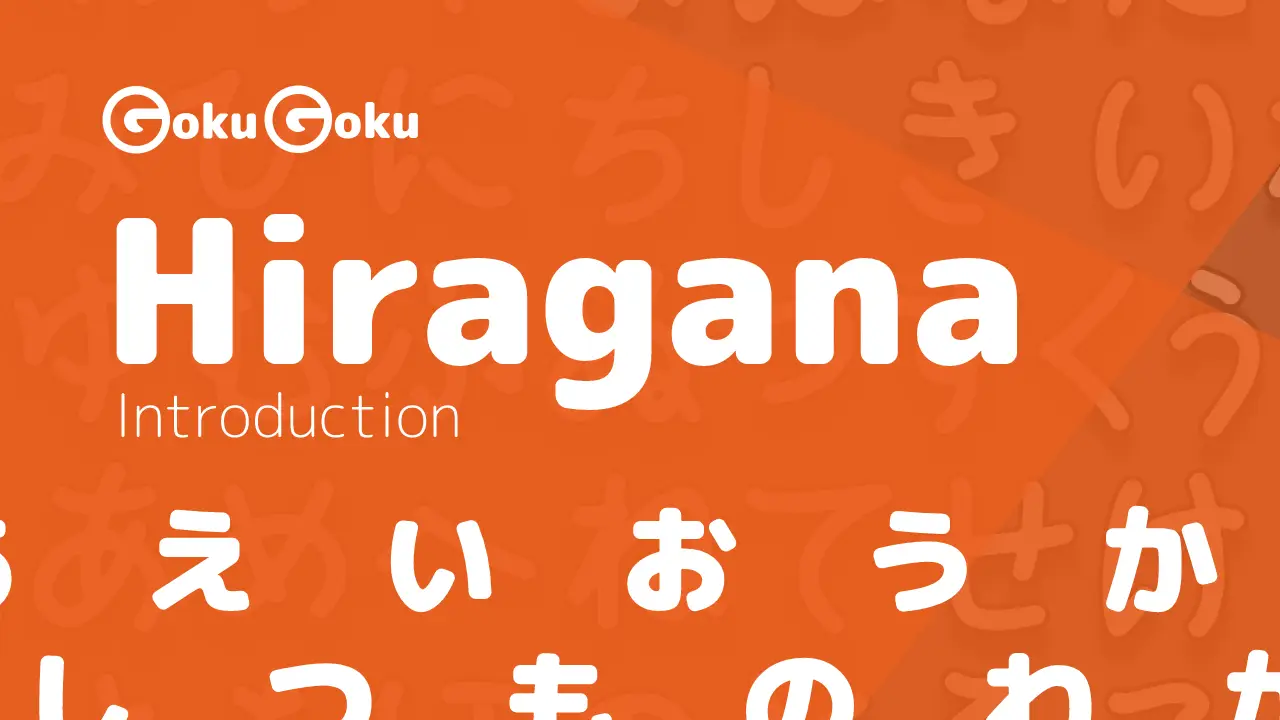かというと (ka to iu to) Meaning Japanese Grammar - Because
Anna Baffa Volpe
Get in touch with meHow かというと is formed
The expression かというと is formed:
- by the interrogative particle か
- by the particle と with the meaning of
so - by the verb
say言う - by the particle と with conditional value
if
The interrogative particle introduces a question and the expression can be translated as:
⇨ If I have to answer the question, if I have to explain the thing (in Sentence 1), then I say that ... (Sentence 2).
かというと to refute something
かというと joins 2 sentences in which the first expresses a concept and the second goes to refute and overturn what was said in the first.
日本は安全かというとそうでもない。
It is not true that Japan is safe.
⇨ If you say that Japan is a safe place, it's not really so.
彼が無理をしているかというと、そんなことはない。
It is not as if he is overworking.
⇨ (If you ask me) if he is overworked, (I answer that) actually he is not.
かというと to describe something
In this case, the second sentence contains explanations or descriptions referring to the first sentence and the whole proposition ends with からだ.
なぜ飲食店がドリンクを勧めたがるかというと、利益率が高いからだ。
The reason for which restaurants want to recommend drinks is because the profit margin is high.
Literally: If I have to explain the reason why restaurants want to promote drinks, it is because the profit margin is high.
We have seen in another post dealing with the verb want, the usage of たい and たがる.
毎日どのくらい大変だったかというと、睡眠時間が平均3時間程度だったくらいだ。
As for how hard it was every day, I averaged about three hours of sleep.
かと言えば synonym of かと言うと
かと言えば is used as a synonym of かと言うと.
言えば is the conditional form of the verb 言う say: if I were to say
A
うどんとそば、どっちが好き?
Which do you prefer, udon or soba?
B
どっちも好だけど、どちらかといえば、うどんかな。
I like both, but if I had to choose, I would say udon.
どうしてかというと: the reason is
The question どうして why? is used in conjunction with the expression かというと and is placed at the beginning of the second sentence describing the reasons of the first.
彼女は英語がペラペラだ。どうしてかというと、アメリカに留学していたからだ。
She speaks fluently English . It is because she had studied in the USA.
どうしてかと言えば and なぜかと言うと are synonyms of どうしてかと言うと
私は彼女があまり好きではない。なぜかというと、とても悲観的だからだ。
I don't like her very much, because she is very pessimistic.
Short dialogue between 先生 teacher and 学生 student:
先生
なぜ日本語を勉強していますか。
Why are you studying Japanese?
学生
なぜかというと、日本の漫画が大好きだからです。
Because I love Japanese comics.
The complete phrase of the student's answer is:
なぜ日本語を勉強しているかというと、日本の漫画が大好きだからです。
The reason I study Japanese is because I love Japanese comics.
Synonyms of どうしてかというと
This expression has several synonyms commonly used in Japanese:
- 何故かと言うと expression with naze
why? / because: naze ka to iu to - 何故ならば naze naraba
- 何故なら naze nara; naraba and nara are conditional auxiliaries meaning
if: If (I have to say) why - その理由は riyū means
reason,motive:that reason⇨ the reason why... is ... - と言うのは with the verb say 言う:
this means;because;that is to say...
毎日本を読みます。なぜかというと、本が大好きだからです。
I read books every day. It's because I love books..

なぜならあんたはぼくの仲間になるからだ。
It's because you will be my friend.
この場所が好きだ。なぜかと言と、たくさんの思い出があるからです。
I like this place, because I have many memories.
5月5日の子供の日というのは、子供が元気に育ったことを祝う日だ。
5 May, the Children's Day is the day to celebrate the healthy development of children.
どちらかというと
どちら is an interrogative of the Kosoado series, the Japanese demonstratives and means which one? or which side? and as expression of Keigo, the honorific language, it also has the meaning of who?.
To ask for the person's name:
どちら様ですか。
May I ask your name?
どちらかというと is used at the beginning of the sentence and expresses the choice between different options.
The various translations:
- If anything
- If I had to choose, I would pick ...
- I would prefer
- Relatively speaking
どちらかと言うと行きたくない。
If anything, I don't want to go there.
The translation is adapted according to the context. What the expression implies is that it is always a choice between different options, in this case between going and not going to a certain place. どちら is replaced at a less formal level by どっち
私はどちらかというとテニスより水泳の方が好きです。
I prefer swimming rather than tennis.
私はどちらかと言うと車の運転は慎重だ。
I am rather cautious when driving.
Examples of かというと
仕事はとても大変ですが、辞めたいかというと、そんなことはない。
The job is very hard, but I don't want to quit.
私はどっちかと言うと前向き思考な人間。
I'm more of a forward-thinking person.
この商品はとても売れた。なぜかというと、顧客のニーズにマッチしていたからだ。
This product sold very well, because it met the needs of the customers.
Similar grammar points in Japanese 📚
っぽい
っぽい (ppoi) Meaning Japanese Grammar - Like a
に対しても
に対しても (ni taishite mo) Meaning Japanese Grammar - Even Towards
に対しての
に対しての (ni taishite no) Meaning Japanese Grammar - Towards
に対する
に対する (ni taisuru) Meaning Japanese Grammar - Towards
に対して
に対して (ni taishite) Meaning Japanese Grammar - Towards
に対しては
に対しては (ni taishite wa) Meaning Japanese Grammar - Towards

